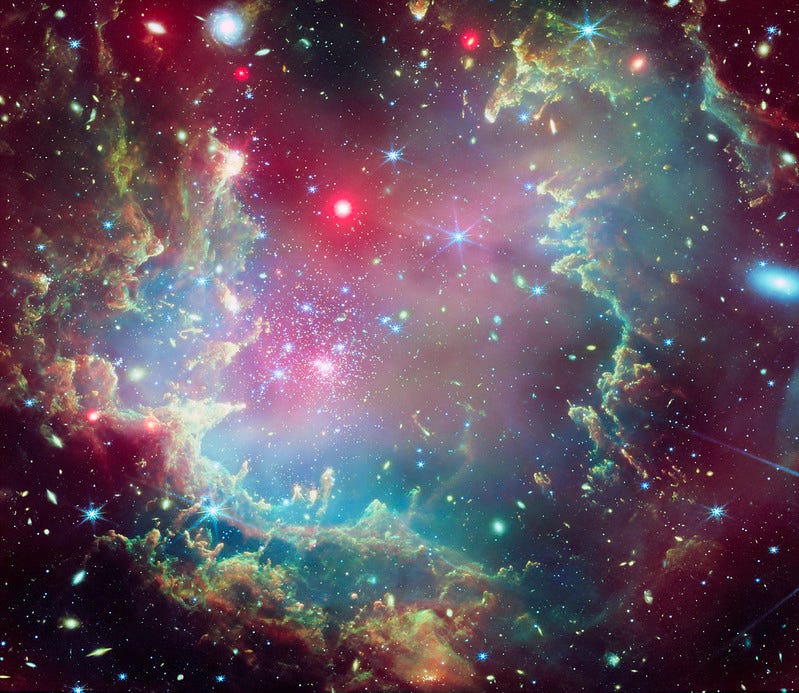A Theology of Surplus

Is the size of the universe a problem for Christianity?
It’s often posed as such. Sometimes there’s an assumption that constellations, planets, and galaxies that exist far outside human contact undermine Christian cosmology. The argument, I think, is more intuitive than logical. There is no logical reason why an infinite and personal God coul…


